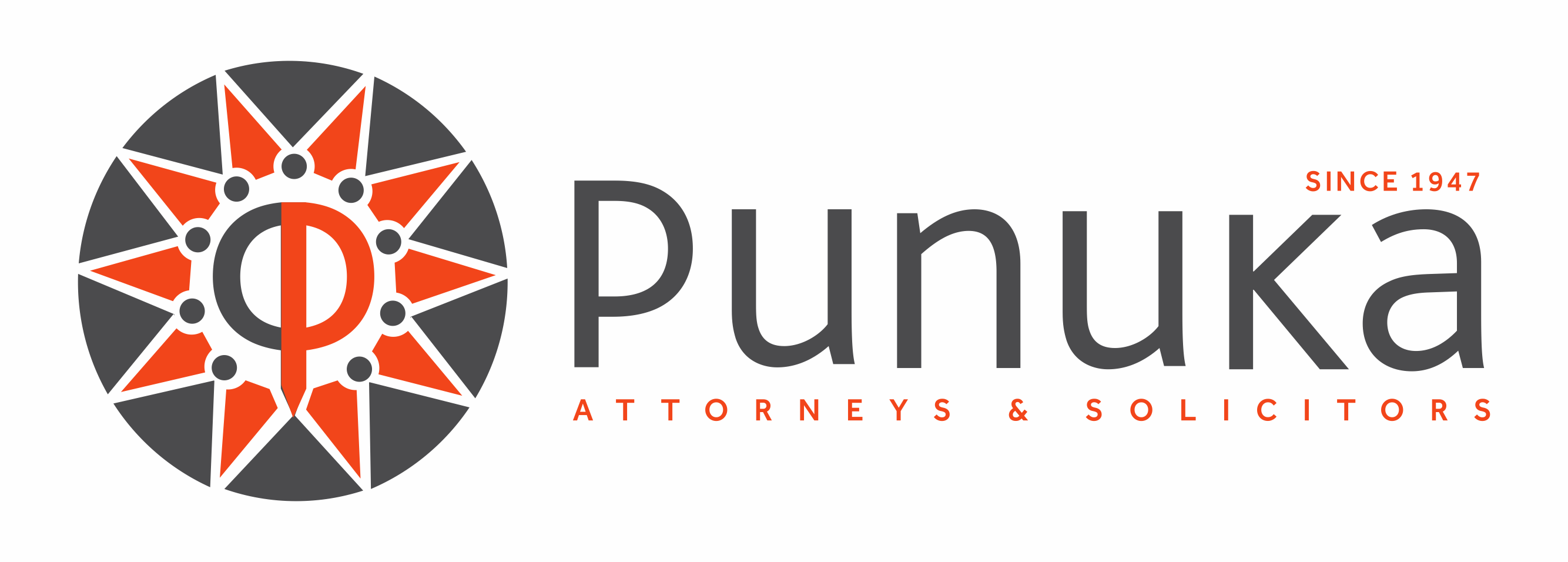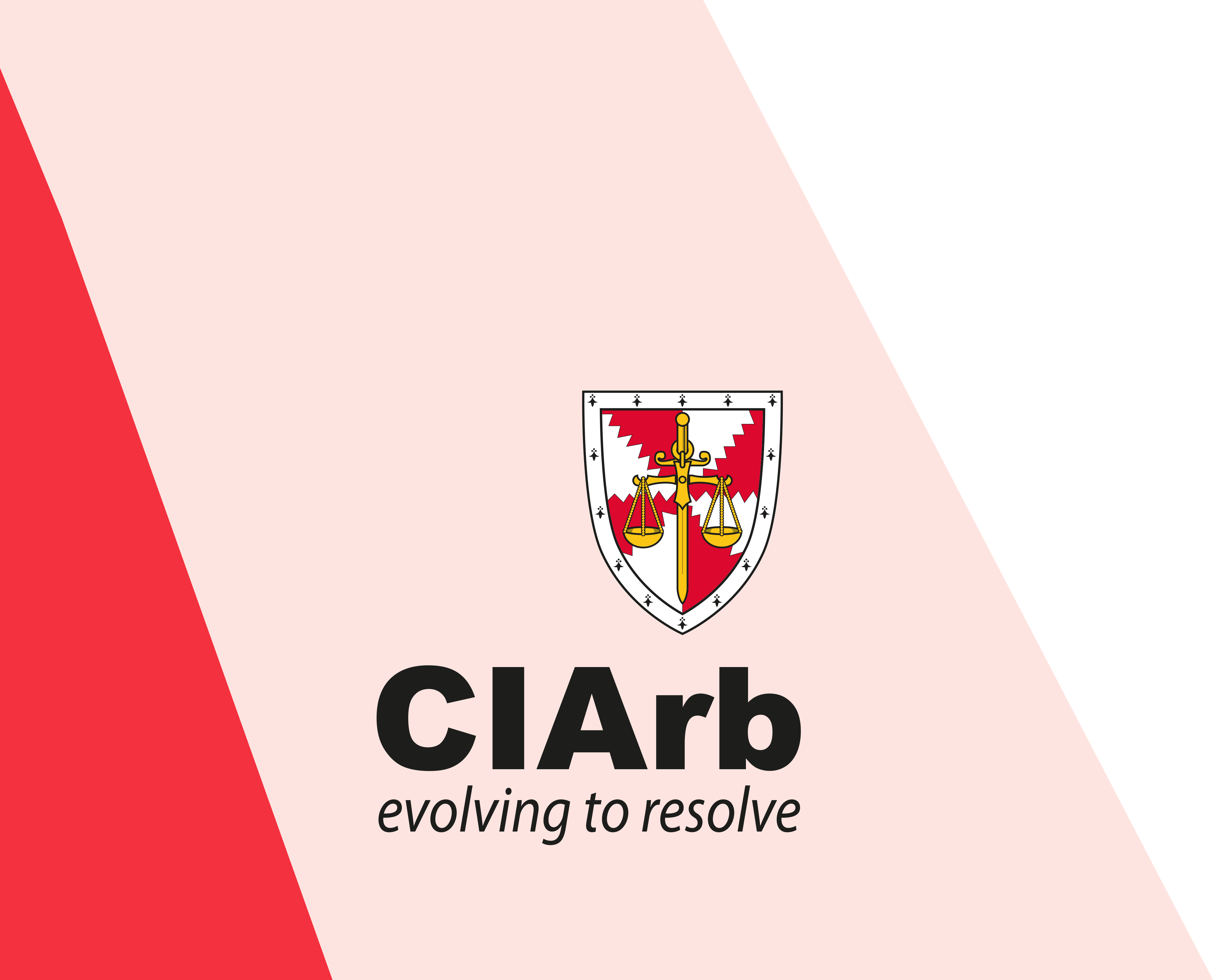Introduction
The COVID 19 pandemic has raised great challenges in the Nigerian judiciary system vis a vis the containment measures being issued and the need for an efficient and prompt administration of justice/resolution of disputes.
This article intends to provide an update on the state of the judiciary in a COVID-19 environment and contribute in terms of practical suggestions towards an adaptative and efficient administration of Justice
The containment measures
His Lordship, Honourable Dr. Justice I.T. Muhammad, CFR, the Honourable Chief Justice of Nigeria (CJN) and Chairman of the National Judicial Council issued Circular Ref No: NJC/CIR/HOC/II/629 dated 20th March 2020. This was the first official response of the Nigerian judiciary to the COVID 19 pandemic. In this Circular addressed to all relevant stakeholders and constituents[1], the CJN directed that the public officers abide by the precautions advised by the National Centre for Disease Control (NCDC) and federal health authorities and ensure their management and staff do the same.
Subsequently, vide Circular Ref No: NJC/CIR/HOC/II/631 dated 23rd March 2020 and addressed to all Heads of Court and Federal and State Judiciaries, the CJN suspended all court sittings for an initial period of 2 weeks, effective 24th March 2020, except in matters that are urgent, essential or time bound according to extant laws. Invariably, with the lack of clarity in interpretation of this directive and urgent health concerns, those judges who sat mostly focused only on fundamental rights cases or criminal cases involving the liberty of a person. Admiralty matters involving the arrest of vessels were also considered urgent in the Federal High Courts.
By 30th March 2020, President Buhari had ordered a lockdown and movement restrictions (save for essential services) in Lagos State, Abuja Federal Capital Territory and Ogun State[2]: legal services and administration of justice under these directives were not classified as essential services unlike medical services, law enforcement agencies services and providers of foods and basic necessities. This does not seem to be the position in other countries[3]
On the expiration of the initial 2week suspension period, the CJN issued Circular Ref No: NJC/CIR/HOC/II/656 dated 8th April 2020 again addressed to all Heads of Court and Federal and State Judiciaries and extended the suspension of court sittings till further notice, to the exception of matters that are urgent, essential or timebound according to extant laws.
Analysis of the impact of the judicial directives
The directives contained in the CJN’s Circulars are clearly stated to corroborate the lockdown measures put in place by the Federal Government of Nigeria and some State Governments, to combat the further spread of the COVID 19 scourge.
It is not in doubt that these directives are well-intentioned and in the overriding interest of public health. However, it would seem that they have been rather reactive and have sacrificed a just and efficient administration of justice as a most basic and essential service to society on the altar of public health (or even as some may argue cynically, self-preservation) to the extent that these directives did not just achieve lockdown but also led to complete halting of justice delivery..
The first issue to consider is that in mirroring Federal and State executive lockdown measures, rather than being more introspective, the directives issued failed to recognize justice delivery as an essential service to all Nigerians and to bring in same to the attention of the executive authorities. To be fair, the legislative arm of the Nigerian Government also seems to have taken the same backseat or armchair approach, and somewhat abdicated responsibilities to the executive arm of Government: the result has left us with a bizarre scenario where the nation’s parliament has failed in its essential services at a very critical time to provide a legislative backup to Government’s measures and interventions: notwithstanding an initial legislative stimulus plan advanced by the House of Representatives as at 24th March 2020[4] the Senate has been on recess indefinitely on account of COVID 19 and has not been able to meet to urgently passed any necessary or vital bill that would facilitate the fight against the pandemic.
Secondly, much as the CJN’s directives exempt matters that are urgent, essential or timebound according to the extant laws, there is no definition of what matters fall within the category of urgent or essential. It is apparent that the model that was initially chosen and which the courts system are used to, was to adopt the Practice Directions and case management system used for vacation matters where there are few judges during the summer period and urgent matters of the nature we mentioned above are heard. However, there was even no formal and clear definition given of what constitute an urgent matter whereas the executive’s quarantine and social distancing measures clearly identified the list of business which are considered as essential in a public health pandemic. This vagueness may therefore lead to unfortunate conjecture and argument.
One can say with certainty that matters pertaining to life and personal freedom fall under the definition of urgent matters. This is indicated in the letter of 23rd March 2020 from the Chief Registrar of the Federal High Court which listed bail applications and arraignments within criminal matters are one of the matters that will be entertained. It is also likely that civil matters relating to the immediate destruction of personal property will fall within the category of urgent matters for which interim or interlocutory applications are involved.
Again, it is possible that tenancy matters which can potentially affect the life, property and limb of the tenant who is running at risk to be ejected by his landlord during a health pandemic and requires court protection fall under the ambit of urgent matters..
Likewise, it may be that commercial cases in which interim orders such as attachment orders or freezing orders have been obtained against individuals or corporations pose an existential threat to the person or business concerned, and therefore an urgent hearing may be required particularly since lockdown may affect hearing of the substantive case for a substantially long amount of time which may cause irreparable damages to the economic integrity of such person or persons.
It becomes clear that in the absence of a definition and some clear yardsticks given, the categories of “urgent matters” are not closed. The point is that there would be divergence of opinion as to the definition of “essential” under the CJN’s directives. It is probable that matters that inure only to the benefit of a private citizen, whilst obviously important to that private citizen, may not be considered “essential.” Again, an illustration here is a case of recovery of premises by landlords who depend on rental income for sustenance: such persons may be unable to file their suits if these matters are not deemed essential.
Other challenges
Timebound matters
The directives also refer to timebound matters. The definition of timebound matters may not be open to much disagreement however as the relevant statutory provisions would be the bases for the matters falling within the category. In this regard, adoption of addresses, Rulings and Judgments tend to be specifically indicated as matters which the Courts would attend to. For instance, in the Chief Registrar of the Federal High Court in his letter dated 23rd March 2020 noted that “Judgments and Rulings would, as usual, be read as and when due.”
This idea seems to have been carried by the Lagos State Judiciary as the Honourable Chief Judge has released draft Practice Directions in which adoption of addresses is said to follow the extant Rules of Court. However, a point to carefully consider is again that the word “address” is not specifically defined. Therefore, one could argue that it extends to adoption of both final addresses and written addresses in support of interlocutory applications. Matters such as summary summonses in the Magistrates Court of Lagos State are indeed timebound and likely to be approved for remote hearing by the Chief Judge of Lagos State when the Practice Directions come into full operation.
How long to put up in place remote court hearings and e-filings?
Beyond the potential challenge of the precise matters that would be exempt from the CJN’s directive, it is impracticable for counsel and parties to travel to attend Court for matters that have been listed as having been exempted. This is because by virtue of the Federal Government and State Government lockdown measures, it would be unlawful for counsel and parties to travel to attend to their matters. The irresistible escape route therefore becomes remote hearings.
Whilst the Supreme Court had commenced e-filings, remote court hearings with relevant IT infrastructure are yet to be fully established. E-filings are yet to be in place at the trial and Court of Appeal levels as well.
However, the Chief Judge of Lagos State,- just as it happened in relation to criminal administration of justice,- seems to be blazing the trail in this regard by the release of the draft Practice Directions for electronic filing and service of court processes and remote hearings.
Noteworthy is the sad reality that above is conceptual or still at drafting stage. Indeed, many announcements or notices have been given recently by relevant stakeholders[5]
What is clear from above is that technology is a sine qua non to the effective implementation of these Practice Directions when they are eventually promulgated. There are questions to also be addressed nonetheless such as the cyber security of the video conferencing and recording facilities to be adopted, the capacities of the judges and the counsel to key into the technology and softer issues such as ensuring that witnesses giving testimony are not in the same environment with their counsel.
These facilities and the technology also need to be very affordable accessible and available to the legal profession as a whole with very broad and well-known but also well secured applications or technology resources available to all (for instance, Skype, Teams, Zoom, Cisco Webex, etc).
What is working in some more proactive neighbouring jurisdictions?
To borrow a leaf from East African countries, in Uganda, remote hearings are being conducted for the rendering of judgments and urgent hearings via Zoom. Their judiciary can do so empowered by their Judicature (Visual-Audio Link) Rules, 2016 (SI 26 of 2016) and the Constitution (Integration of ICT into the Adjudication Processes for Courts of Judicature) (Practice) Directions, 2019. Here, we see the recurrent theme of urgent matters and judgments being the types of issues being dealt with.
In relation to awareness and advocacy, and identification of legal services and administration of justice as an essential societal service, it is noteworthy that an interesting and radical approach was taken by Kenya.
The Law Society of Kenya (LSK), the equivalent of the Nigerian Bar Association, sued in the Constitutional and Human Rights Division of the High Court of Kenya at Nairobi in Petition No 120 of 2020 (COVID 025) for reliefs essentially that legal services, particularly those rendered in the administration of justice, should be regarded as essential services and therefore, advocates are not caught by the lockdown measures.
The LSK sued top government officers[6] was joined by top-tier pressure groups[7] as interested parties in the suit. The Court in that petition granted the core reliefs of the LSK and based on the judgment, advocates are able to handle their matters in court because they are included to the list of “services, personnel or workers” exempt from the provisions of the Public Order (State Curfew) Order, 2020.
In this regard, it becomes clear that our Nigerian Bar Association (NBA) should engage in a more aggressive advocacy with the Government to classify legal services and administration of justice as essential services, provided that social distancing measures are also actively promoted as for other essential services. In the alternative, the NBA could institute an action in Court for declaratory reliefs to the effect that legal services are classified as essential services.
The way forward
The Honourable Acting President of the Court of Appeal (PCA) issued a letter dated 30th March 2020 and titled “COVID 19 HON. AG. PCA/OPERATIONAL DIRECTIVE MARCH 2020.” In the said letter, in compliance with the directive of the Federal Government of Nigeria, the Honourable Acting PCA directed that sittings of the Court in Lagos and Ogun States and in the Federal Capital Territory shall cease, effective 11pm 30th March 2020. All other divisions of the Court may continue in line with the CJN’s directives. The Honourable Acting PCA also enjoined the Bar and the Bench to comply with the guidelines on social distancing issued by the NCDC and encouraged the use of ICT facilities.
The Chief Judge of the Federal High Court, on his part, riding on previous Circulars dated 20th March 2020 and 10th April 2020, recently issued Circular dated 20th April 2020 and titled “End of Easter Vacation and Resumption of Duty.” The letter basically highlights that the Easter vacation is over and that the judges are responsible for the effective running of their respective courts, subject to the directives of the CJN.
The President of the National Industrial Court did not issue any separate directive but relied entirely on the CJN’s directives.
Conclusion:
In closing, it is trite that the ongoing pandemic will drastically and fundamentally change everyone’s personal and professional lifestyles, the administration of justice, included. It is imperative that the Nigerian judicial system faces the reality of the new normal on ground and invest in relevant ICT infrastructure to key into the remote hearing processes being proposed by different judiciaries. E-filings and remote hearings are no longer an alternative but the new norm and standard.
The benefits of revamping the Nigerian judicial system to make it a 21st century first class institution administering effective and efficient justice delivery as a social service are not just in terms of the system itself but in terms of health order, safety order and economic expediency in a now recessive and potentially depressed economy. They may also be environmental and value improving in terms of productivity, as e-filings and remote hearings also achieve time and costs savings in an ever congested megapolis.
The urgent reforms above are also applicable to lawyers and law firms whose approach to the legal business must be anchored on IT support and infrastructure.
In the famous words of American minister, El-Hajj Malik El-Shabazz better known by his alias – Malcolm X, the future belongs to those who prepare for it today.
Emuobonuvie A. Majemite and Okorie Kalu
(Senior Associate and Partner)
PUNUKA Attorneys and Solicitors*)
*Please note that the opinions in this article are
those of the authors and not the collective view of the firm.
[1] The Secretary of National Judicial Council, the Administrator of the National Judicial Institute, the Secretary of the Federal Judicial Service Commission and the Secretary of the Body of Benchers
[2] COVID 19 Regulations of the President of the Federal Republic of Nigeria issued on 30th March 2020: https://lawnigeria.com/2020/04/covid-19-regulations-2020/
[3] We will see this later in Kenya in Petition No 120 of 2020 (COVID 025)
[4] Economic Stimulus Bill 2020
[5] For instance, the Attorney General of the Federation in a press release of 20th April 2020 rolled out plans for remote hearings and e-filing and service. Nonetheless, what is clear is that only the CJN is constitutionally empowered to direct the Nigerian judiciary.
[6] Hilary Mutyambai, the Inspector General, National Police Service; Fred Matiangi, the Cabinet Secretary for Interior and Coordination of National Government; the Attorney General, the Honourable Chief Justice and Mutahi Kagwe, the Cabinet Secretary for Health
[7] The Kenya National Commission on Human Rights; the International Federation of Women Lawyers (FIDA) Kenya; the Independent Police Oversight Authority (IPOA); and the Legal Advice Centre T/A Kituo Cha Sheria













